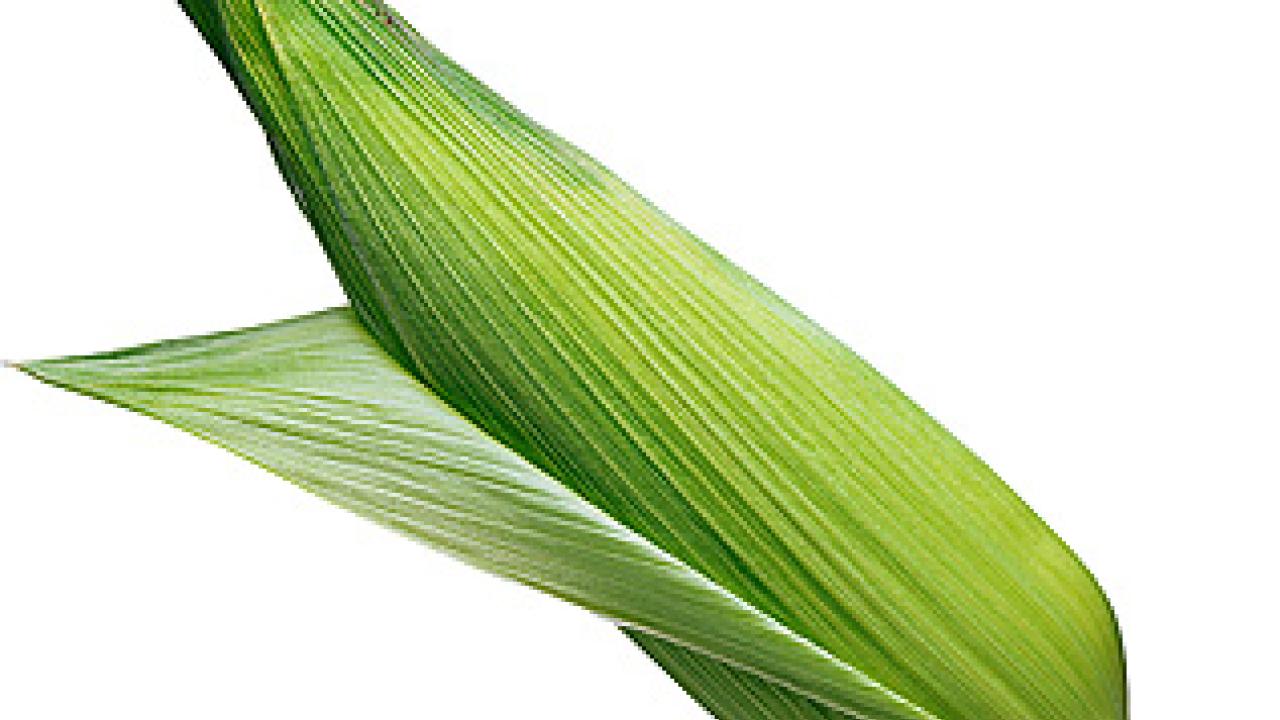Gene flow from genetically modified crop plants to their wild relatives will have little overall impact on human health or the environment, predicts a team of researchers in a report released today by the Council for Agricultural Science and Technology.
Gene flow -- the movement of genes from one plant population to another -- has always occurred naturally but has drawn particular attention during the past 10 years, as genetically modified crop plants have moved into commercial production.
"Regulatory requirements and market standards that are specific to crops developed using biotechnology have resulted in much closer monitoring of gene flow than has been done in the past," said plant scientist Kent Bradford, a co-author of the report and director of UC Davis' Seed Biotechnology Center.
"After analyzing a wide range of crop-trait-location combinations, it was determined that relatively few of these combinations present the potential for gene flow to adversely affect the environment or human health," Bradford said. "Gene flow within a given crop can result in economic impacts for specific markets but these can be managed through proven strategies that make it possible for genetically modified crops and nonbiotech crops to co-exist."
In this report, the contributing scientists describe the biological traits that are being imparted to both biotech crops and nonbiotech crops, and the ramifications each has for gene flow. They discuss the potential for the inadvertent mixing of seeds or other genetic material from a given plant with a shipment of other seed or grain, and examine isolation and segregation methods for preventing such unwanted gene flow.
The report summarizes existing regulatory and risk-assessment mechanisms for biotech crops and discusses the potential economic implications of biotech crops in the marketplace. It also explores future policy and research issues.
The full text of the paper "Implications of Gene Flow in the Scale-up and Commercial Use of Biotechnology-derived Crops: Economic and Policy Considerations," is available online at http://www.cast-science.org. The Council for Agricultural Science and Technology is an international consortium of 38 scientific and professional societies that assembles and interprets science-based information and disseminates it to the public.
Media Resources
Pat Bailey, Research news (emphasis: agricultural and nutritional sciences, and veterinary medicine), 530-219-9640, pjbailey@ucdavis.edu
Kent Bradford, Seed Biotechnology Center, 530-752-6087, kjbradford@ucdavis.edu
